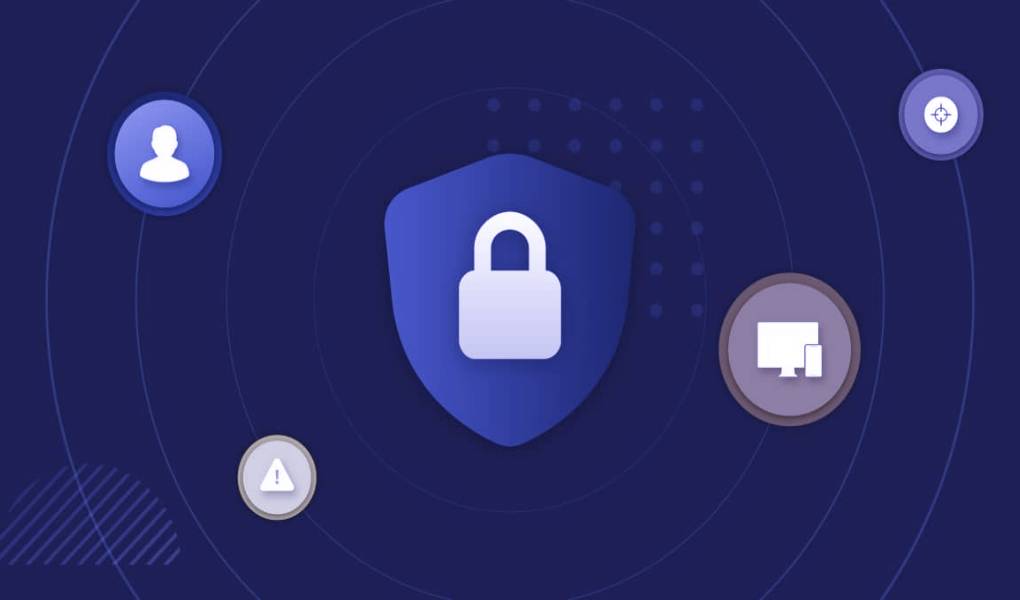Cybersecurity is an overwhelming topic these days. Especially now when we spend most of our lives online. But there are tips and tricks on how we can be “cyber-smart” – i.e. prudent and safe – on the Internet. For Cyber Security Awareness Month, LastPass provides five steps anyone can take.
Use Secure Passwords
Encouraged by the pandemic, passwords are needed more than ever. A strong password is still the number one rule for consciously and securely surfing the web. Each online account requires its own unique and secure password. In addition, it should be updated regularly. At least 16 characters, uppercase and lowercase letters, numbers and symbols is a good guideline.
Managing log-in data can become tedious, with around 50 online accounts on average. Password managers help create, update, and store strong and unique passwords in a secure vault. They also warn against weak passwords, which can indicate data breaches. This allows the user to react directly and eliminate the risk.
When choosing the right password manager, a brief inventory of the end devices used and requirements helps to find a suitable solution.
Take Advantage Of MFA.
Besides passwords, there are other forms of authentication to improve cybersecurity. In the past, however, these additional methods were reserved for companies or organizations with high-security requirements. In the meantime, they are also increasingly available for normal consumers.
Some online accounts already use multi-factor authentication (MFA), such as biometrics, SMS codes, push notifications, and additional authentication apps. Leveraging this additional level of security significantly reduces the likelihood of a malicious actor gaining access. Thanks to MFA tools, the password can be changed in good time, and the account is protected in the event of a threat. Important here: MFA codes should never be passed on to third parties – not even to a supposed confidant.
Back Up The Data
Many people create backups of their data in case their device is lost or damaged. However, the same can also be helpful if the cell phone falls victim to a cyber attack. Ransomware attacks are increasing, and users must protect themselves against data theft or complete deletion. Regular data backups guarantee that the data will not be lost even in a hacker attack.
In the best case, a backup is a data backup kept offline on an external hard drive. In this way, attackers cannot access the data. The regularly updated and strong password mentioned at the beginning will help if the backup is in the cloud.
Updates For Devices And Applications
Cyber attackers often target vulnerabilities in devices and applications, and victims often do not realize they have been hacked. Therefore, regular updates should be carried out on all hardware and software. It’s a good idea to install updates from Apple, Microsoft, and Google as soon as they warn of an urgent security risk. Web-based cyber attacks are also on the rise. Therefore, the browser should also be kept up to date. The same goes for smart home devices.
Create Security Awareness
Safety consciousness is the precursor to cyber-smart. Attackers hope their victims are uninformed and ignorant, making them easy targets. This can be prevented with preventive measures such as push notifications for financial transactions. Immediate action – changing your password and checking your account for suspicious activity – is also helpful if there is information about a recent data breach.
When receiving dubious e-mails, the sender and links should first be checked for trustworthiness. If there is still uncertainty even after appropriate research, it is better to ask twice and have the mail checked. The same applies to direct messages on social media. It must always be ensured that the message comes from a trustworthy source.
Everyone Contributes Their Part.
An attentive and thoughtful appearance on the Internet is not only in your interest. The workplace can also be protected against cyber attacks in this way. This is especially true in times of Corona, as many people now work at home, on the road and in the office and often mix work and private life. Following the above points can protect family, friends and colleagues.
